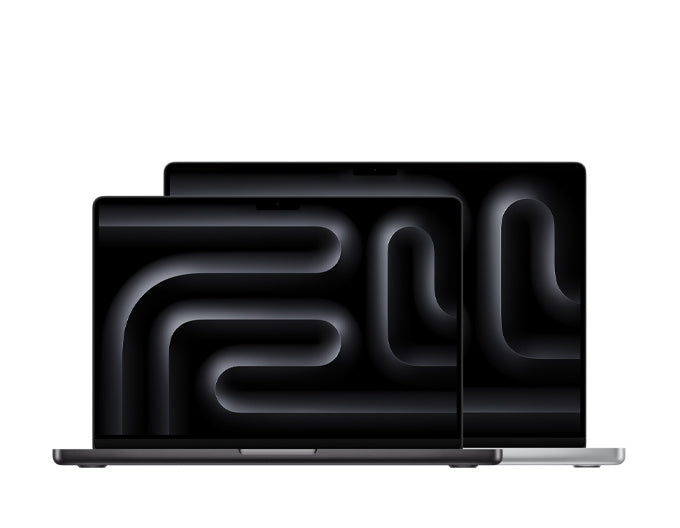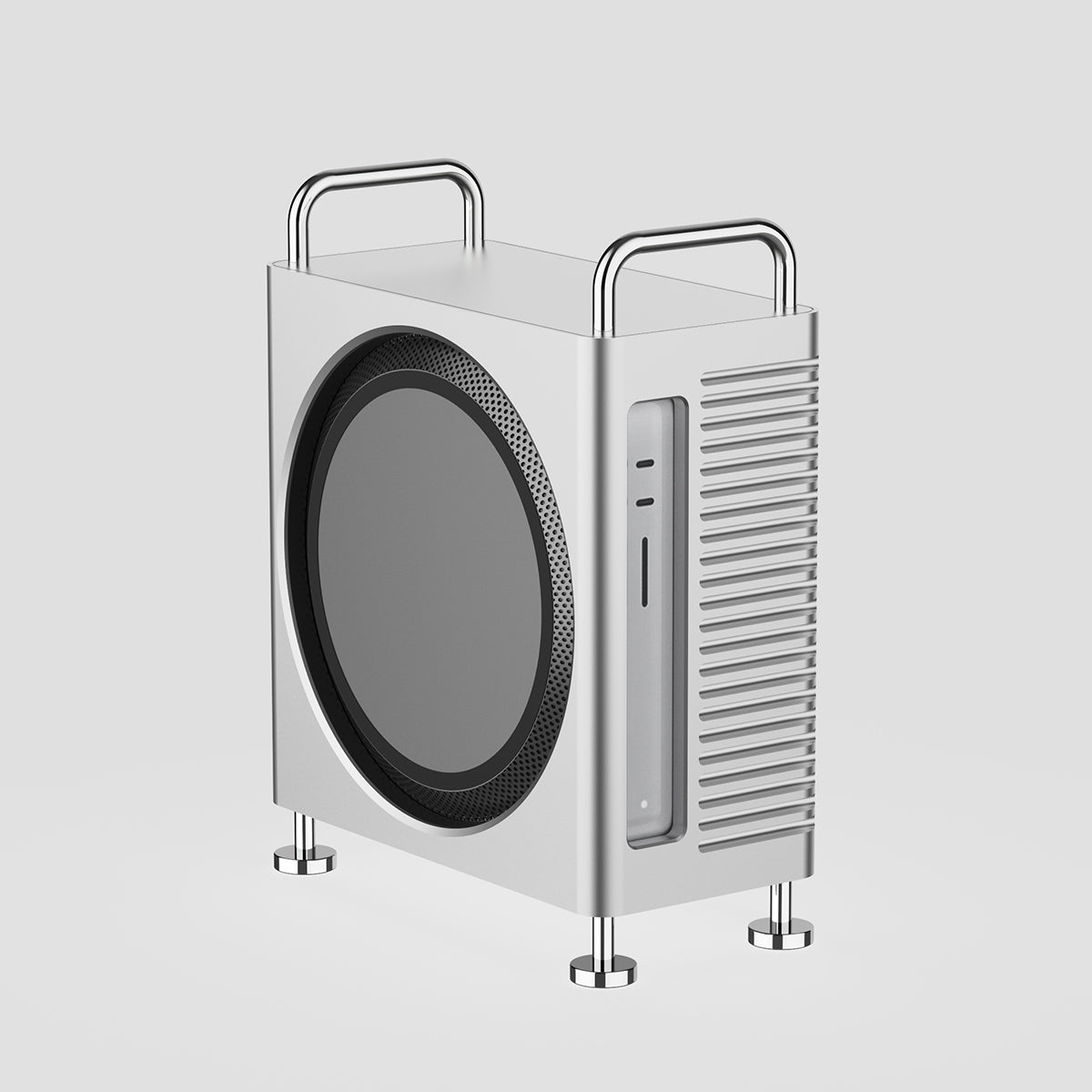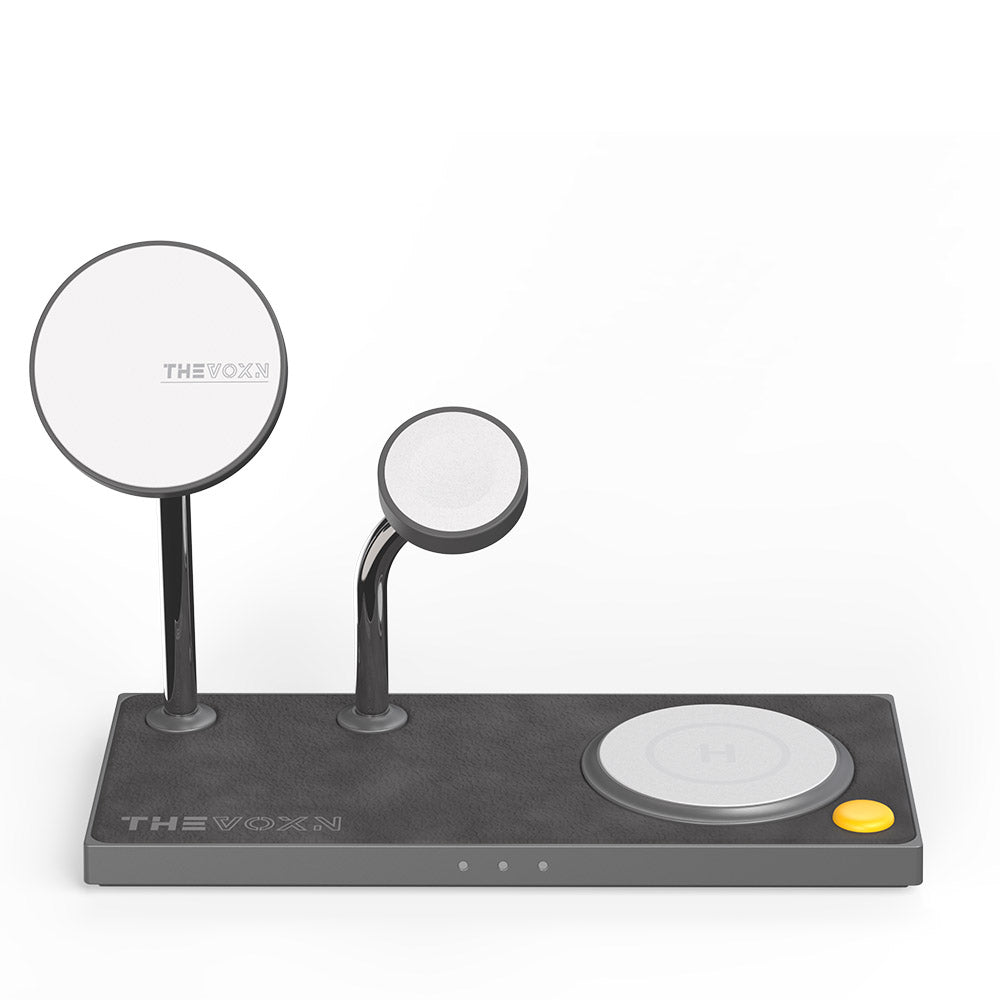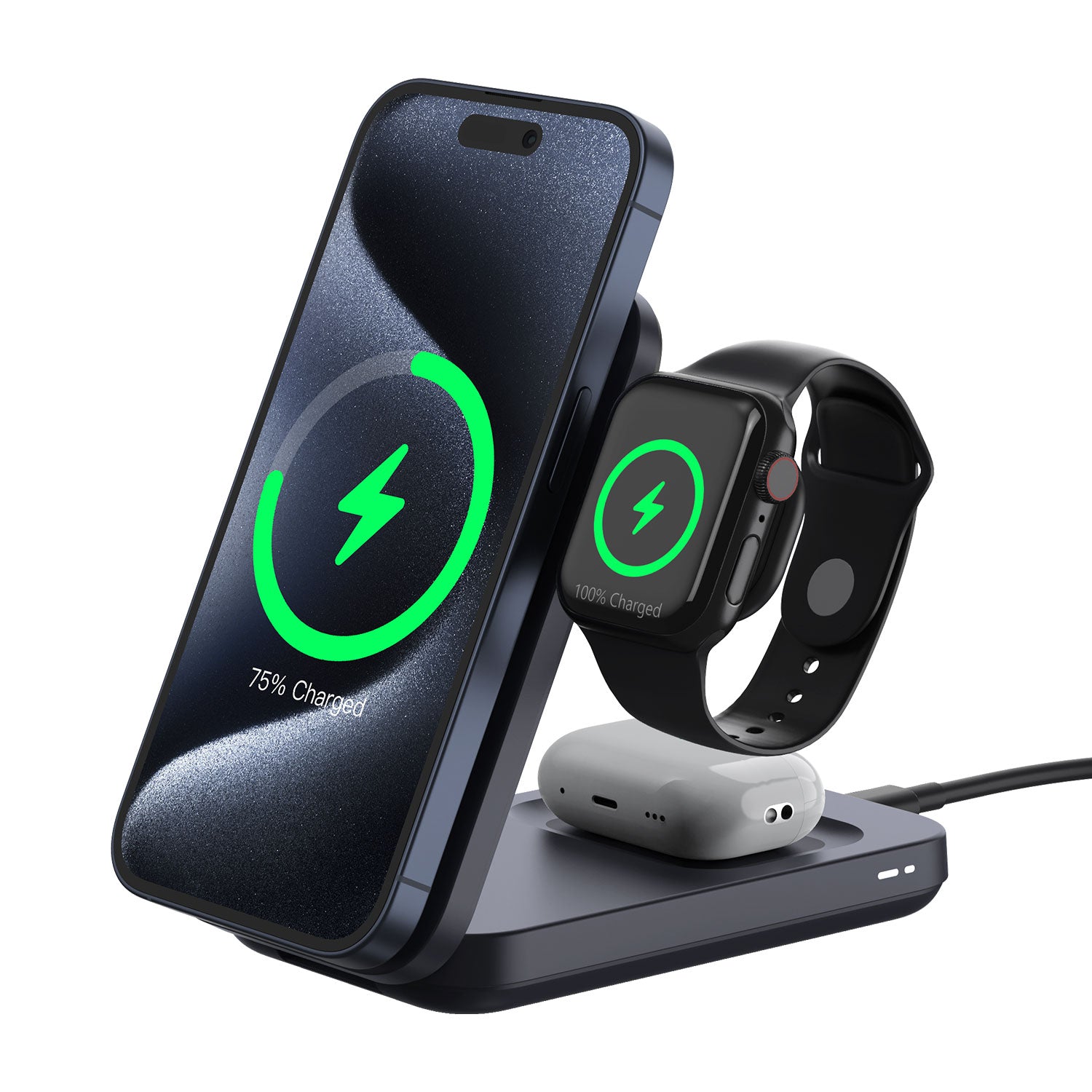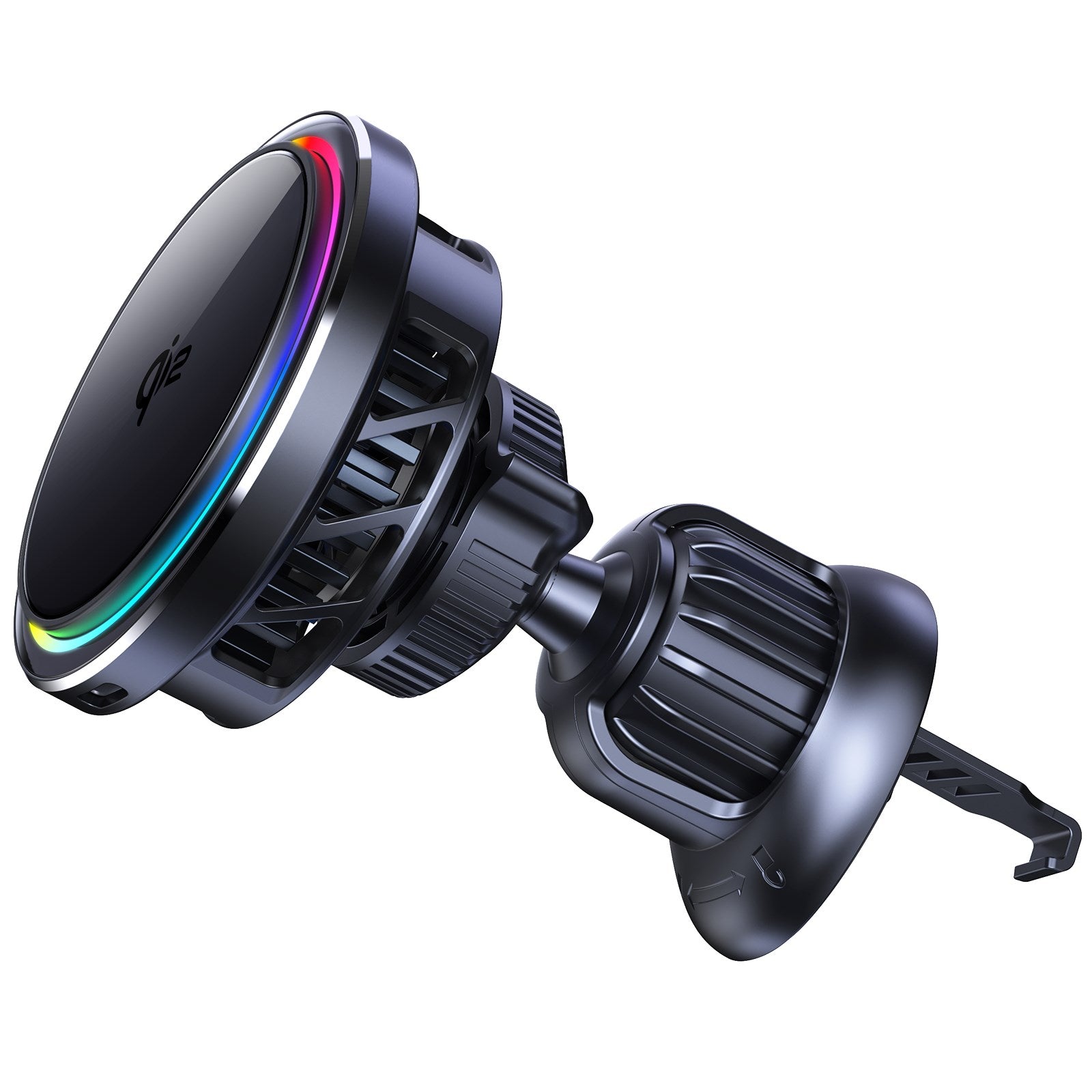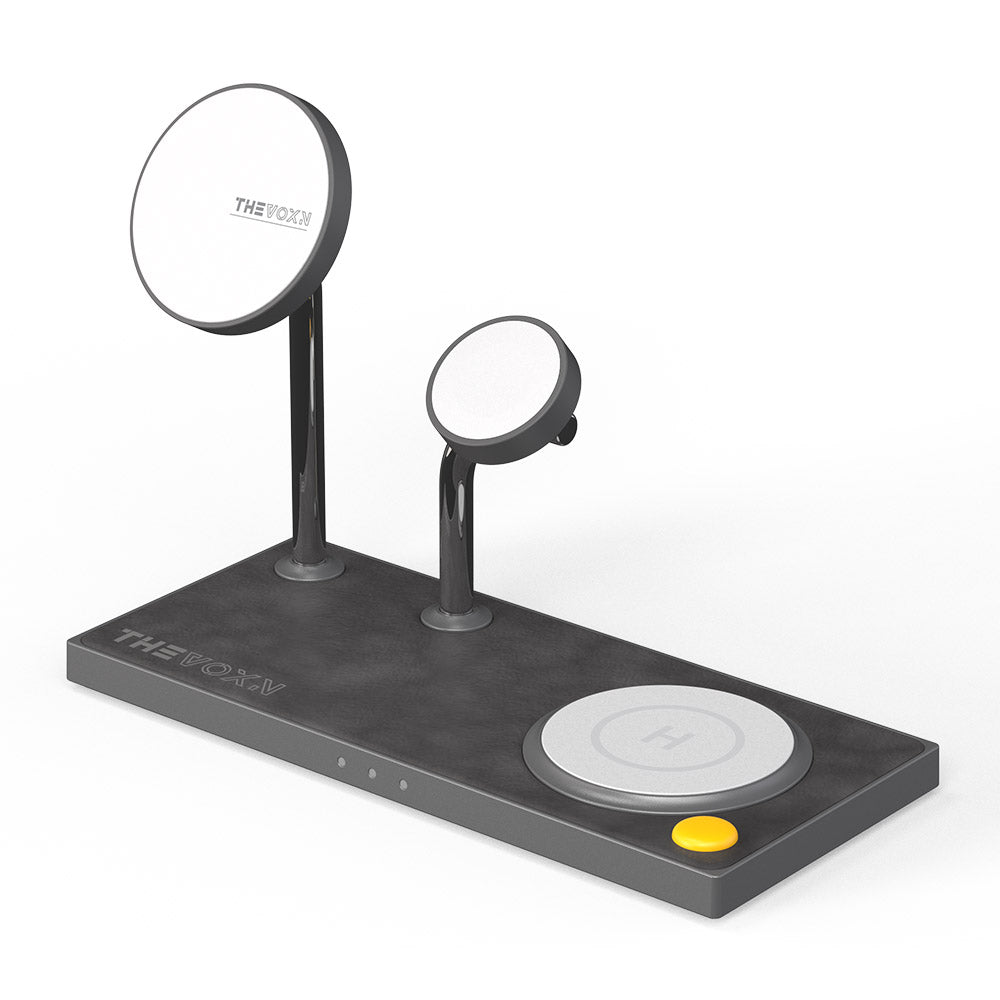A black screen on your MacBook Pro can be one of the most frustrating experiences — especially when it happens out of nowhere. The good news is that in most cases, your Mac isn’t broken. It just needs a proper restart or a quick reset.
Here’s a simple, editor-tested guide to bring your MacBook Pro — including the latest M5 models — back to life.

Step 1: Force Restart Your Mac
This should always be your first move.
-
Press and hold the power button for about 10 seconds, until your Mac completely shuts down. Wait a few seconds, then press the power button again to restart.
-
If you’re using accessories (external drives, hubs, or monitors), disconnect them — sometimes a faulty device can freeze the system during startup.
Step 2: Boot Into macOS Recovery
If the screen stays black after restarting, try booting into Recovery Mode.
-
For Apple Silicon (M1–M5 chip):
Turn off your Mac → Press and hold the power button until you see “Loading startup options”, then select Options > Continue. -
For Intel Macs:
Restart and immediately press Command (⌘) + R until you see the Apple logo or a spinning globe.
2025 Best MagSafe Case for iPhone 17 Pro Max
Step 3: Reset NVRAM or SMC (Intel Macs Only)
If you’re using an older Intel-based MacBook Pro (2012–2020):
-
Reset NVRAM/PRAM:
Press and hold Option + Command + P + R for about 20 seconds. -
Reset SMC:
Shut down → Hold Shift + Control + Option + Power for 10 seconds, then release and power on again.
⚠️ Apple Silicon Macs don’t require these resets — they manage these functions automatically
Step 4: If All Else Fails
If none of the above works:
-
Make sure your charger and cable are working properly.
-
Try a different power outlet.
-
If your Mac still doesn’t respond, it may be a hardware issue — such as the display cable or logic board.
In that case, it’s best to contact Apple Support or visit an authorized repair center.
This lets you access Disk Utility or Reinstall macOS, which often resolves boot-related black screen issues.
Conclusion
From what we’ve seen, most black screen issues aren’t hardware failures — they’re just temporary boot errors, often caused by system updates or external devices.
The M-series Macs (M1 to M5) all share the same startup architecture, which makes the troubleshooting process much simpler than in the Intel era. Still, for older Intel Macs, classic resets like NVRAM and SMC remain useful tools.

